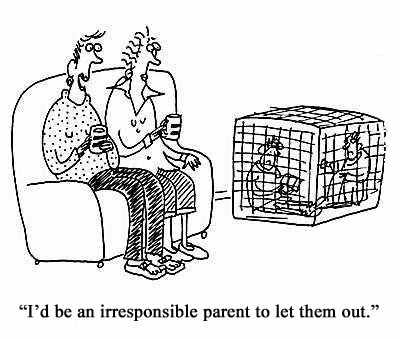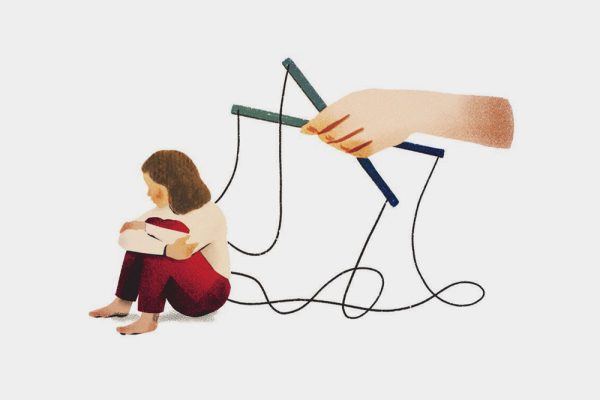When it comes to parenting, it is important for parents to find a balance between setting boundaries and allowing their children to grow and learn from their own experiences.
Being too strict can hinder a child’s development and independence. It is important for parents to trust their children and give them the space to make their own decisions, while still providing guidance and support. Overprotectiveness can also prevent children from developing important life skills such as independence, problem solving, and resilience, this by constantly shielding children from challenges and risks they may not have the opportunity to learn how to navigate difficult situations on their own. Parents should encourage their children to explore and allow them to make mistakes and learn from them.



When parents do certain things wrong, it can potentially cause trauma to their children. Some examples include:
- Emotional neglect: Not providing emotional support, validation, or affection can lead to feelings of abandonment and low self-worth in children.
- Physical or verbal abuse: Any form of physical or verbal aggression can cause lasting emotional and psychological damage to children.
- Invalidating feeling: Dismissing or belittling a child’s emotions can make them feel unheard and invalidated, leading to difficulties in expressing themselves and forming healthy relationships.
- Overcontrol: Being overly controlling can hinder a child’s autonomy and independence, preventing them from developing crucial life skills and self confidence.
- Lack of boundaries: Not setting clear boundaries or inconsistent enforcement can create confusion and insecurity for children, impacting their sense of safety and self discipline.

It is important for parents to be aware of these potential pitfalls and strive to create a nurturing and supportive environment for their children’s healthy development.
Engagement: It is fascinating how even the little things that parents do can have a major impact on their children. For example, something as simple as giving them a warm hug or saying “I love you” can make a child feel loved and value. taking the time to listen to them and show genuine interest in their self esteem. Encouraging their interests and passion, even if they’re different from your own, can foster their sense of individuality and self confidence. And lets not forget about the power of quality time spent together, whether it’s playing games, going for walks, or having meaningful conversations. these are small gestures of love and attention can truly shape a child’s happiness and well being.

Stability: Having a stable environment provides children with a sense of security, consistency, and predictability. When children have stable routines, reliable caregivers, and a consistent home life, it helps them feel safe and nurtured. This stability allows children to develop a string foundation for their emotional and cognitive well being. It helps them build trust, form healthy relationships, and adapt to new experiences more easily. Creating a stable and supportive environment is one of the best ways parents can help their children thrive. Living without stability can have significant effects on children, the lack of stability in their environment can impact their overall well being and can cause many negative effects such as; Emotional and Behavioral Changes, Academic Performance Struggles, Difficulty Creating Social Relationships, Mental Health Issues, Sense of insecurity.



Parents, it is important to reflect on your parenting methods and be open to growth. Remember, no one is perfect, and it’s okay to make mistakes.








